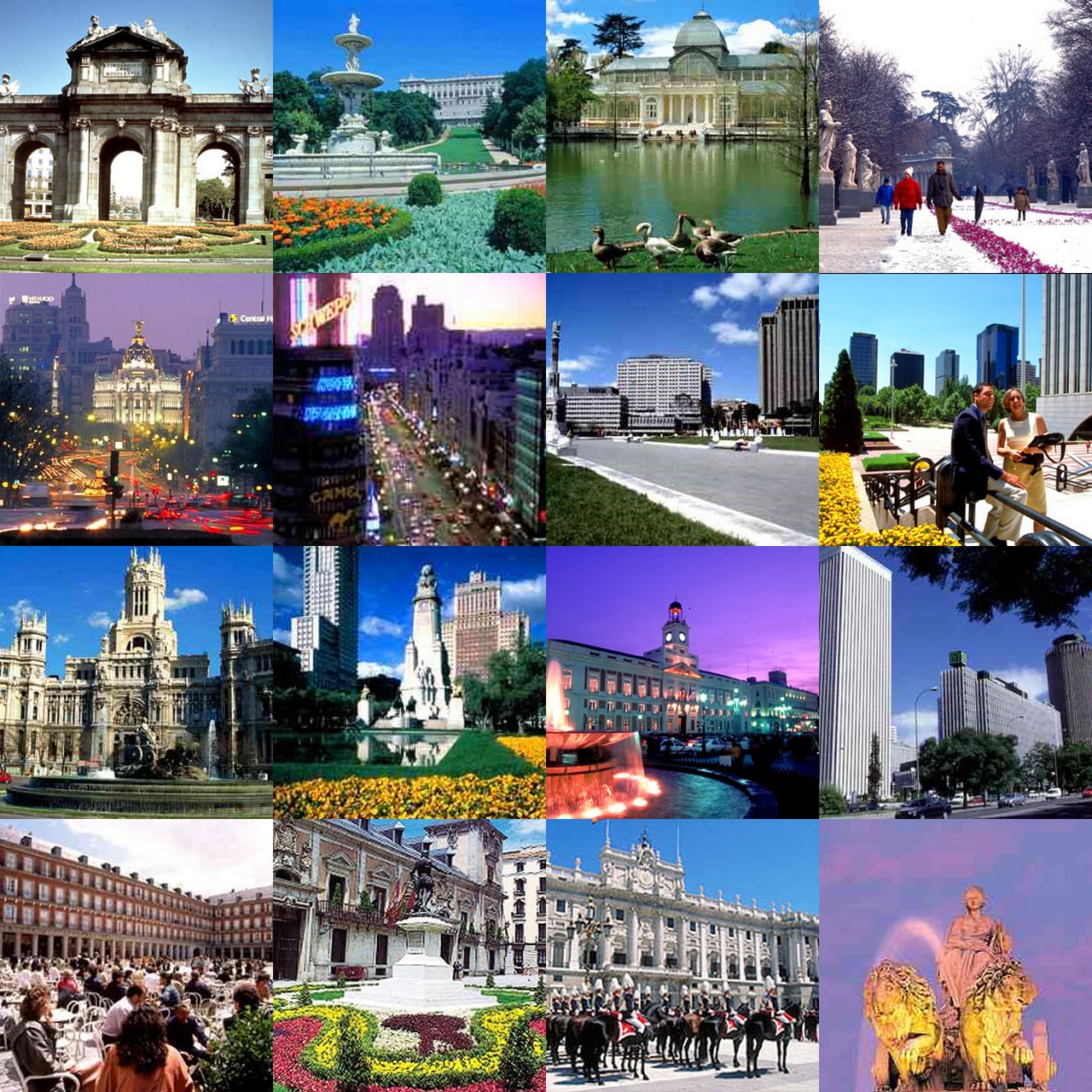|
|||||||||||||||||||||||||||||||
|
When You Return Study Abroad Returnees: Welcome Back!
Few people anticipate culture shock when they return home, but many students actually find that it is just as challenging to get used to being at home again as it was to get used to living abroad. Some students find that they have changed and grown a great deal while abroad, but that home, family and friends have not, and this gap makes it challenging to slip back into settings, routines, and relationships that were once familiar and comfortable. You should expect a certain amount of this if you have had a full and enriching time overseas. It is important not to ignore the experience of reentry as a facet of study abroad: readjusting to life at home is difficult and what you're feeling is entirely legitimate. Common Reentry ("Reverse Culture Shock") Experiences:
If you find yourself experiencing difficulty after coming home: Try to use the same cultural adaptation skills that you developed while you were getting used to being abroad (e.g. keep active, maintain a sense of humor, find a support group, expect differences, allow yourself to make mistakes, stay flexible) to make the transition to being home. Be reflective. Give some thought to your return, to the types of intellectual and emotional changes that you have undergone as a result of your time abroad. Expect some negative feelings about your "home" culture. Try not to be too critical of shortcomings that you did not see before. Remember that at there are positive and negative aspects of all cultures. Accentuate the positive. Try to identify what you like about both cultures and try to incorporate the best aspects of these into your life. Be patient with your friends and family who are trying to understand your recent experiences. Listen to them, too, about the changes they underwent during the time you were away. Maintain connections with "the international life" through the many opportunities available at UMass Boston: Help spread the word about study abroad to your friends and classmates, participate in symposia, share your pictures with the campus community, and/or assist the study abroad advisor with outreach to new outgoing students. Set goals for your development. Realize once again that change can be stimulating and this could be your chance to develop in new directions. Set some long-term goals, which may involve finding ways to return abroad. "We shall not cease from exploration.
Reentry Resource List Howell, Leah. "Coming Home: Sustaining the Experiences of Studying Abroad". The Vermont Connection. 1999. (http://www.uvm.edu/~vtconn/?Page=v20/howell.html) Kohls, L. Robert. "Survival Kit for Overseas Living". Yarmouth, Maine: Intercultural Press, 1996. The Center for Global Education's Re-entry Culture Shock http://abroadviewmagazine.net/ |
||||||||||||||||||||||||||||||
|
|||||||||||||||||||||||||||||||

